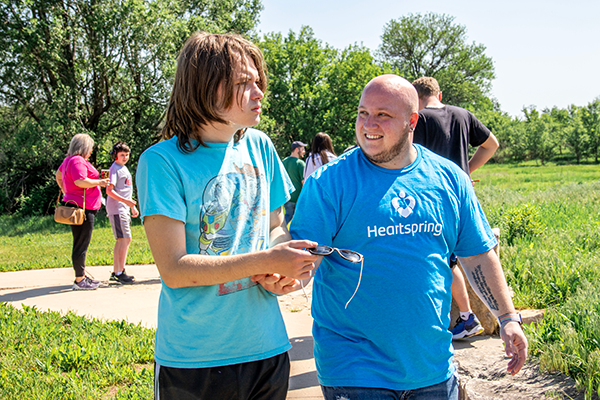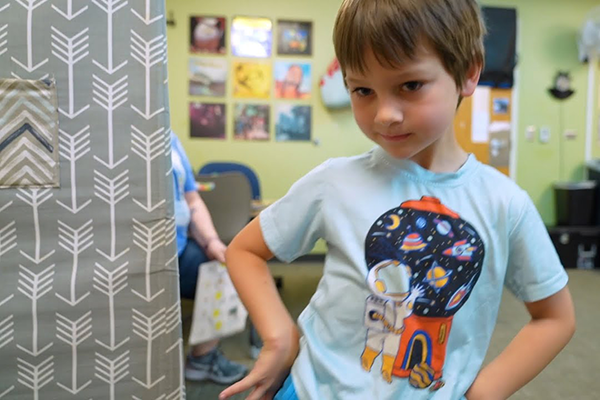1 MIN READ
Levels in Autism
By: Tristen Moore, CARE Coordinator

The DSM is the diagnostic and statistical manual that has many different disorder and disability criteria for doctors to be able to diagnose within the same guidelines as one another. When the newest addition - the DSM 5 - came out in 2013, they had done away with Aspergers and Pervasive Developmental Disorders (PDDs) as their own diagnoses and instead, engulfed them under the umbrella of Autism Spectrum Disorders. This means that people will now be diagnosed with autism instead of Aspergers or PDDs. People who were diagnosed with either of those disorders in the past, can continue to use their initial diagnosis or they can call it autism; either way is correct, and people have the right to choose for themselves if they would like.
Autism has always been a pretty broad diagnosis, meaning all people with autism are different in their own way, but because it now holds former diagnoses as well, it is an even more broad description.
To create a bit of differentiation, they have determined 3 levels within autism. According to the CDC:
- ASD level 1 = requires support
- ASD level 2 = requires substantial support
- ASD level 3 = requires very substantial support
These statements sound very broad but keep in mind, each person, whether they are the same level or not, is tremendously different. It would not be helpful to add more criteria with the levels and potentially leave someone's characteristics out by doing so.
As Dr. Stephen Shore says, "if you've met one person with autism, you've met one person with autism."
In order to be diagnosed with autism, an individual has to have challenges in social communication and behavior. This could be anywhere from struggling with how to have a conversation to being unable to speak or understand others' communication. An example of challenges in behaviors could be wanting to eat only certain foods or having an extreme interest in a specific topic and so much more.
Knowing autistic people has given me a greater understanding of others and brought so much joy to my life. I encourage you to expand your understanding of autism and learn more about ASD so that you can help our autistic peers feel more comfortable and experience all they have to offer to the world.
Learn more on the CDC's website.




